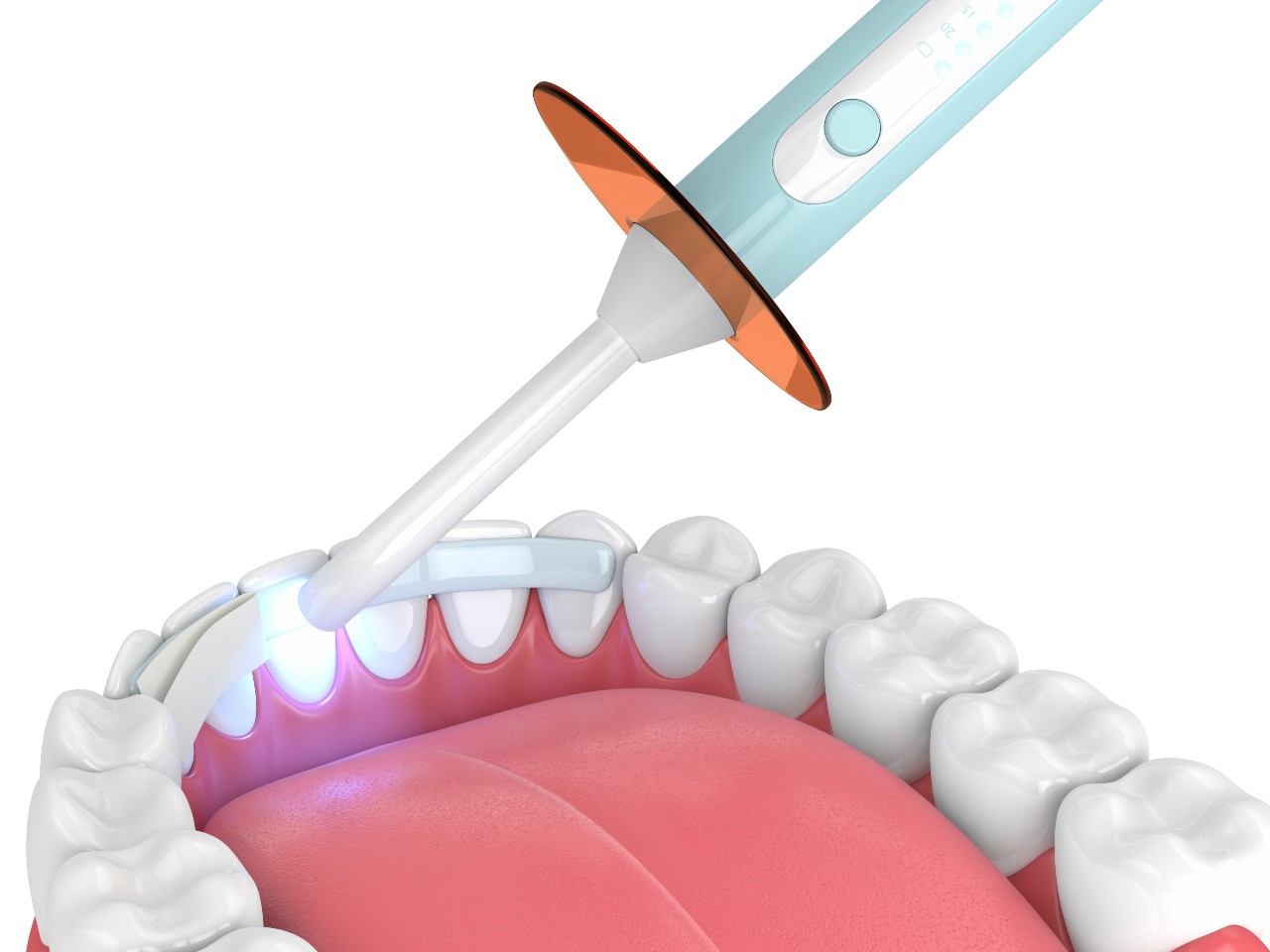Does Dental Bonding Last

The durability of dental bonding is a common concern for individuals considering this cosmetic dentistry procedure. Dental bonding, also known as tooth bonding, is a technique used to repair or improve the appearance of teeth by applying a tooth-colored resin material to the tooth surface. The longevity of dental bonding depends on various factors, including the type of bonding material used, the skills of the dentist, and the patient’s oral habits.
Understanding Dental Bonding Materials
There are several types of dental bonding materials available, each with its unique characteristics and advantages. The most common materials used for dental bonding are:
- Composite resin: This is the most popular material used for dental bonding. Composite resin is a mixture of plastic and glass particles that is applied to the tooth in a putty-like state and then hardened using a special light.
- Ceramic: Ceramic bonding materials are more durable and resistant to stains than composite resin. However, they are also more expensive and may require more extensive preparation.
- Glass ionomer: This material is often used for dental bonding in non-load bearing areas, such as the roots of teeth. Glass ionomer is more prone to wear and tear than composite resin but has the advantage of releasing fluoride, which can help prevent tooth decay.
Factors Affecting the Longevity of Dental Bonding
The lifespan of dental bonding depends on several factors, including:
- Oral habits: Patients who grind or clench their teeth, bite their nails, or chew on hard objects may reduce the longevity of their dental bonding.
- Diet: Consuming sugary or acidic foods and drinks can weaken the bonding material and lead to decay or discoloration.
- Oral hygiene: Poor oral hygiene can lead to the accumulation of bacteria and plaque, which can cause the bonding material to fail.
- Material quality: The quality of the bonding material used can significantly impact its durability.
- Dentist’s skills: The experience and skills of the dentist performing the procedure can also affect the longevity of the dental bonding.
Average Lifespan of Dental Bonding
The average lifespan of dental bonding varies depending on the material used and the patient’s oral habits. On average, dental bonding can last:
- 5-7 years: For composite resin bonding
- 7-10 years: For ceramic bonding
- 5-10 years: For glass ionomer bonding
Maintaining Dental Bonding
To extend the lifespan of dental bonding, patients should:
- Practice good oral hygiene: Brush and floss regularly to prevent the accumulation of bacteria and plaque.
- Avoid hard or sticky foods: Refrain from consuming foods that can damage the bonding material, such as hard candy, ice, or sticky candy.
- Visit the dentist regularly: Schedule regular dental check-ups to monitor the condition of the bonding material and address any issues promptly.
- Avoid grinding or clenching: Wear a mouthguard or night guard to prevent grinding or clenching, which can damage the bonding material.
While dental bonding is a durable and long-lasting procedure, it is essential to maintain good oral hygiene and visit the dentist regularly to ensure the bonding material remains in good condition. By following these tips and taking good care of your teeth, you can enjoy the benefits of dental bonding for many years to come.
FAQ Section
How long does dental bonding last on front teeth?
+Dental bonding on front teeth can last for 5-7 years, depending on the material used and the patient's oral habits. However, with proper care and maintenance, it can last for up to 10 years.
Can dental bonding be repaired or replaced?
+Yes, dental bonding can be repaired or replaced if it becomes damaged or worn out. The dentist can assess the condition of the bonding material and recommend the best course of action.
Is dental bonding suitable for all teeth?
+No, dental bonding is not suitable for all teeth. The procedure is typically recommended for teeth that are chipped, cracked, or discolored. The dentist will assess the condition of the teeth and recommend the best treatment option.
In conclusion, dental bonding is a durable and long-lasting procedure that can last for many years with proper care and maintenance. By understanding the factors that affect the longevity of dental bonding and following the tips outlined above, patients can enjoy the benefits of this cosmetic dentistry procedure for an extended period.


